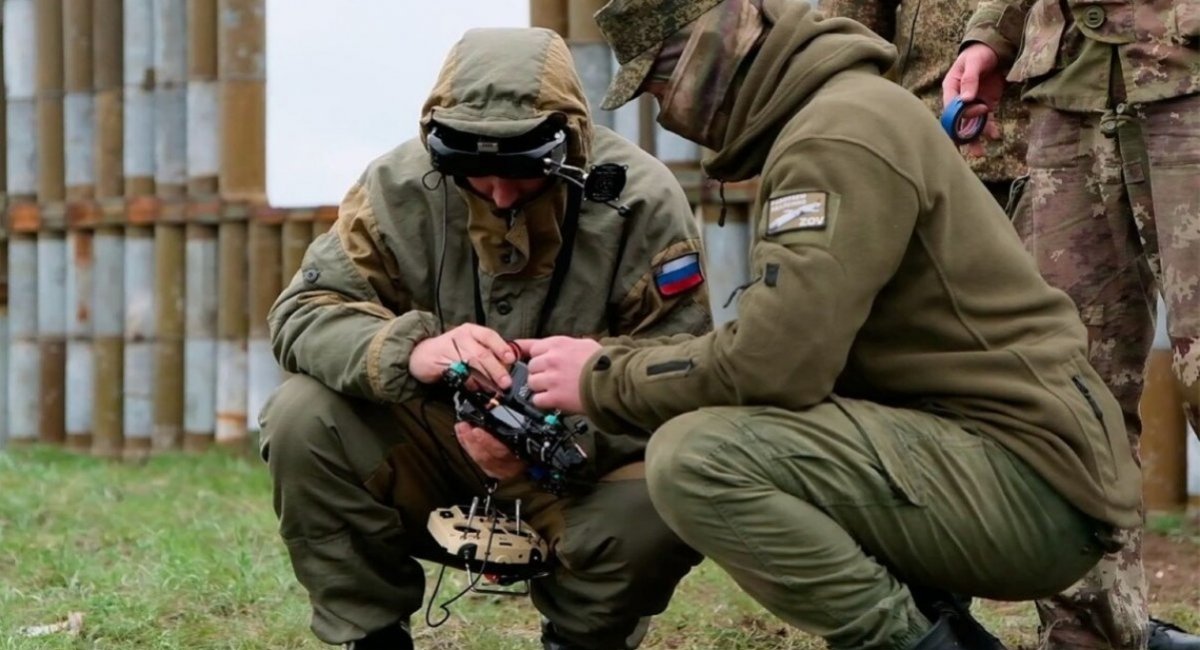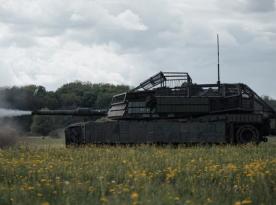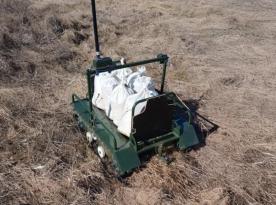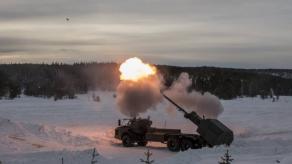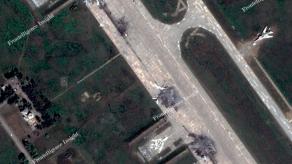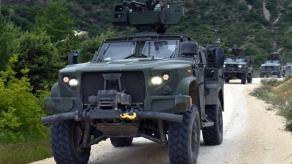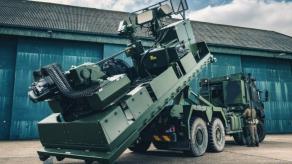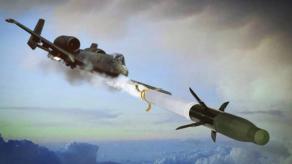The tactic of using small remotely operated copters (FPV drones) to combat specialized unmanned reconnaissance aerial vehicles has found its way into the russian military. Observed increasingly often over the past months, this technology was mostly manifested by the Ukrainian forces. Now, for the first time, there's evidence that russian drone operators use a similar method, too.
In the footage, a russian FPV drone approaches a Ukrainian Furia unmanned aerial vehicle and takes it down by colliding at speed. Unlike many previously seen drone takedowns from the Ukrainian side, the FPV doesn't destroy the target by exploding, meaning it can continue with the mission.
Read more: Analysis of russian Forces' Use of Shahed-131/136 Drones, FPV Drones, and Lancet Barrage Munitions in September
The introduction of so-called anti-aircraft FPV drones into the russian invasion army was a matter of time. Amateur workshops have been crafting and scaling the production of FPV drones on par with Ukrainian ones, although mostly falling behind in volumes or flexibility in adopting new technologies.
The question is, how quickly russians will be able to scale up the practice of utilizing FPVs for interception of enemy aerial vehicles. After all, the copter must have appropriate capabilities to catch up and destroy winged UAVs, and these tailored high-speed FPVs need to be produced in batches.
So far, this remains the only visually confirmed instance of a russian FPV successfully intercepting a Ukrainian drone. Meanwhile, the Ukrainian forces have already mainstreamed the practice and publish dozens of videos a month showing how their expendable FPVs neutralize russian scout drones, mostly by detonating a small fragmentation munition up close.
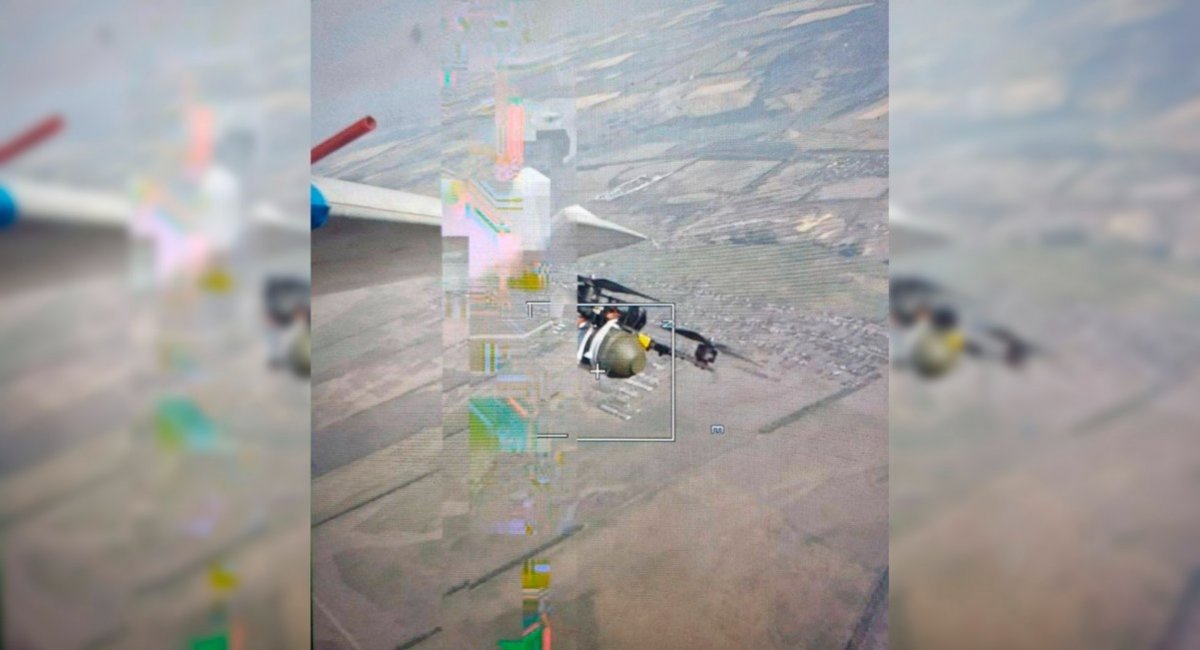
To illustrate the scale, the Signum unit of Ukraine's 93rd Mechanized Brigade reported early September that they managed to wipe out every single drone in their operational area, that is, 49 russian reconnaissance drones, incl. Zala-series, Supercam-series, and Orlan-10 UAVs.
A collection of clips showing some of the russian camera drones downed by Ukrainian anti-aircraft FPVs:
The impact this technology has brought to the frontlines in just under two months of active (recorded) usage allows to consider interceptor FPVs a viable and cost-effective substitute to scarce air defense missiles.
With russian forces now also developing the same technologies, the relevant issue is finding countermeasures. One way to deal with the looming problem is to simply increase the production of own reconnaissance drones so they can be restocked quickly if downed, as suggested by Serhii "Flash" Beskrestnov, a Ukrainian electronic warfare and communication expert.
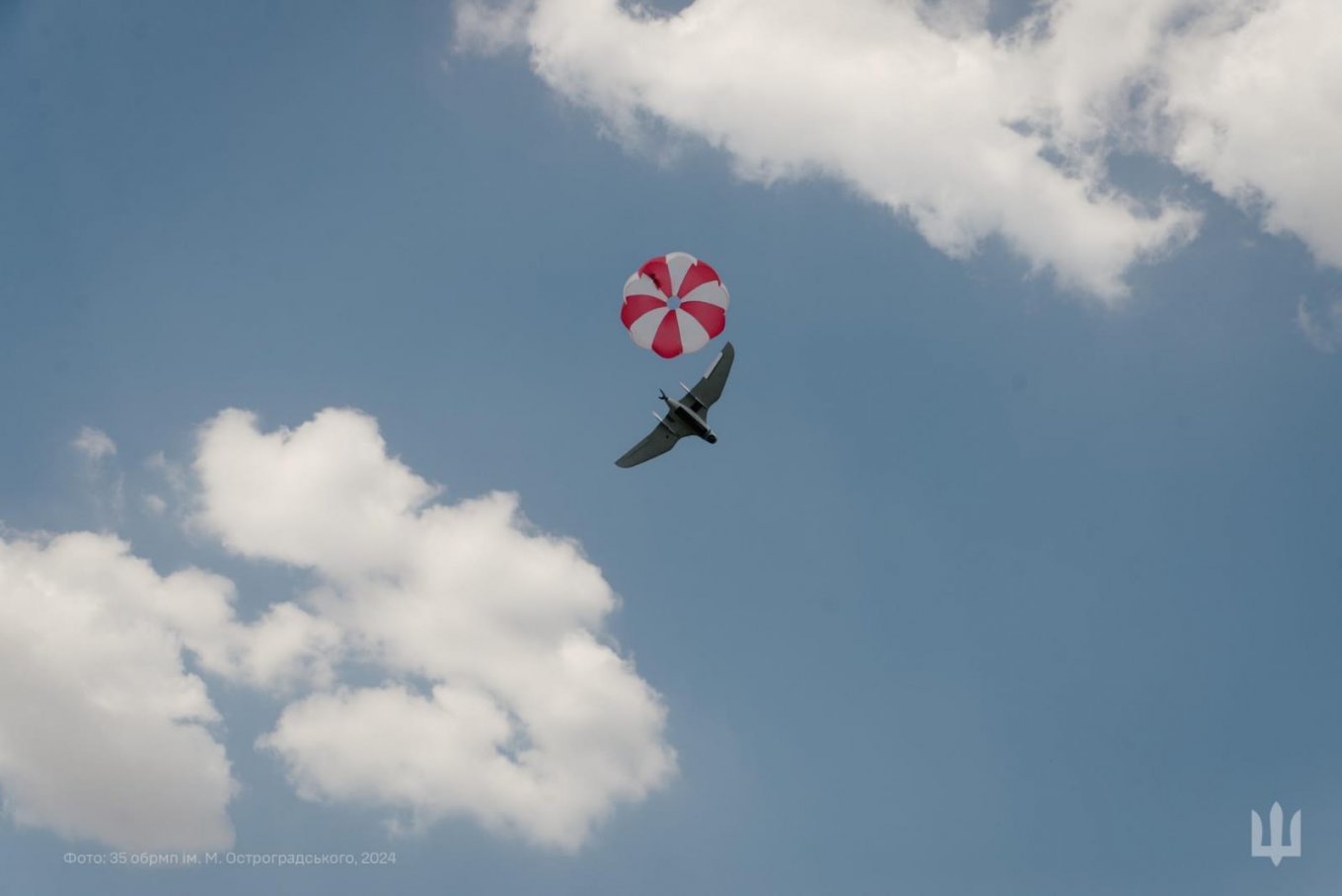
The russian forces, which so far have suffered incomparably larger losses to anti-aircraft FPV drones and are investing more resources looking for an answer, haven't been able to come up with an effective solution yet.
This situation suggests that until such a solution is found, it will be a race of who manages to produce faster, both the recon drones and the interceptor drones and ultimately prevail in sheer numbers.
Besides reconnaissance UAVs, Ukrainian anti-aircraft FPV drones can take neutralize Lancet loitering munitions as well:
Збито іще один російський дрон-камікадзе Ланцет. Врятовано ще чиєсь життя та техніку. Закидуйте на дронову ППОhttps://t.co/quzXQeWlJd pic.twitter.com/8aIo4gXY3f— Serhii Sternenko (@sternenko) September 16, 2024
Still, the russians have their ideas on how to address the issue. Although none of these suggestions has gone further than being proposed as a concept, they consider equipping their scout drones with sensors to detect incoming threats or low-power EW systems to repel them.
Read more: What Countermeasures russians Offer to Ukrainian Anti-Aircraft FPV Drones



